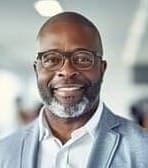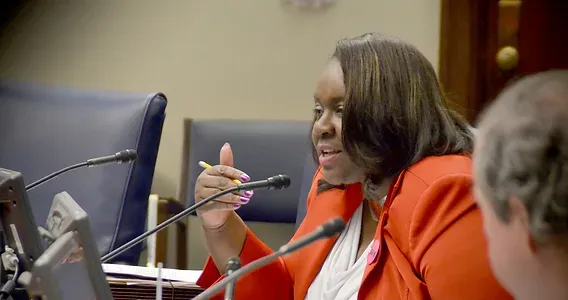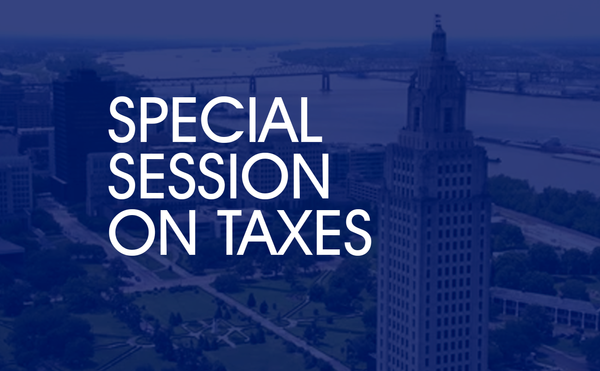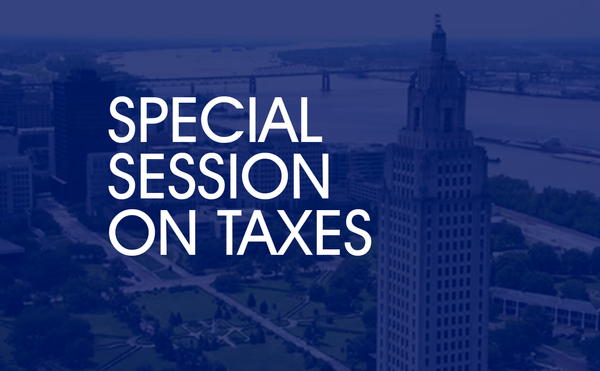Controversy Erupts as Pastor Donnie Swaggart Makes Inflammatory Remarks About Black Churches and Kamala Harris
Local civil rights leaders condemned Swaggart’s remarks. Reverend Fred Thompson stated, “Pastor Swaggart’s comments are a blatant attack on our dignity and intelligence,” emphasizing their role in perpetuating harmful stereotypes and undermining Black voters' political agency in Louisiana.
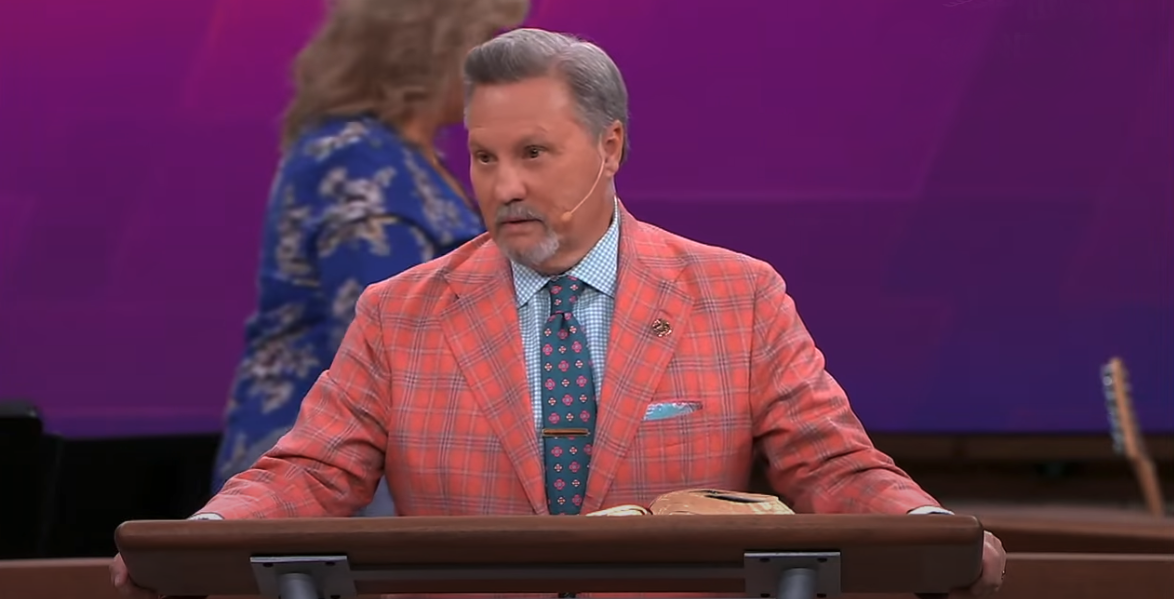
BATON ROUGE, La. — Louisiana pastor Donnie Swaggart, known for his leadership at the Family Worship Center, has ignited widespread outrage after delivering a controversial sermon that disparaged Black churches and their political involvement. During his recent address, Swaggart equated the endorsement of Vice President Kamala Harris with “murder” and “homosexuality,” sparking a backlash from leaders and activists within the Black community.
Local civil rights leaders were swift to condemn Swaggart’s remarks. Reverend Fred Thompson, a prominent figure in Baton Rouge’s Black church community, stated, “Pastor Swaggart’s comments represent a blatant attack on our dignity and intelligence.” He emphasized that such rhetoric not only perpetuates harmful stereotypes but also seeks to undermine the political agency of Black voters in Louisiana.
The controversy surrounding Swaggart’s comments also brought attention to the larger context of political leadership, particularly concerning Donald Trump. With Trump facing multiple felony charges and ongoing allegations of sexual misconduct, community leaders questioned the values upheld by those who support him.
“While Pastor Swaggart tries to dictate our beliefs, we must remember the reality of who we are dealing with politically,” Reverend Thompson asserted. “Donald Trump, a convicted felon and self-admitted abuser of women, represents a vision that fundamentally conflicts with the progress we seek as a community.”
In light of the growing backlash, many community leaders called for unity among Black churches to assert their political power. Dr. Thomas Grant, a respected theologian and pastor in New Orleans, labeled the situation “white nationalism disguised as Christianity,” urging congregations to remain steadfast. “We will not allow our faith to be weaponized against us,” Dr. Grant stated, calling for a renewed focus on empowerment and social justice.
As a response to Swaggart's incendiary remarks, Black clergy members began organizing initiatives aimed at increasing voter registration and promoting civic engagement. “Our voices are essential in this democratic process,” Reverend Thompson emphasized, underlining the importance of ensuring that the concerns and values of the Black community are adequately represented.
The events that followed Swaggart’s sermon also sparked a broader dialogue about the role of race in American Christianity, highlighting the responsibility of the Black Church to advocate for social justice. “We are not just a sanctuary for worship; we are a beacon of hope and activism,” Dr. Grant asserted, encouraging congregations to unite against divisive rhetoric.
As Louisiana approaches the upcoming elections, the resolve of Black leaders and congregants remains unwavering. They are committed to amplifying their voices and shaping a political landscape that reflects their struggles and aspirations.
The controversy surrounding Pastor Donnie Swaggart serves as a powerful reminder of the ongoing fight for racial equity within the Christian community. The collective response from the Black Church underscores a vital truth: they will not be silenced, and their fight for equality, respect, and justice will continue to resonate in the political arena.

